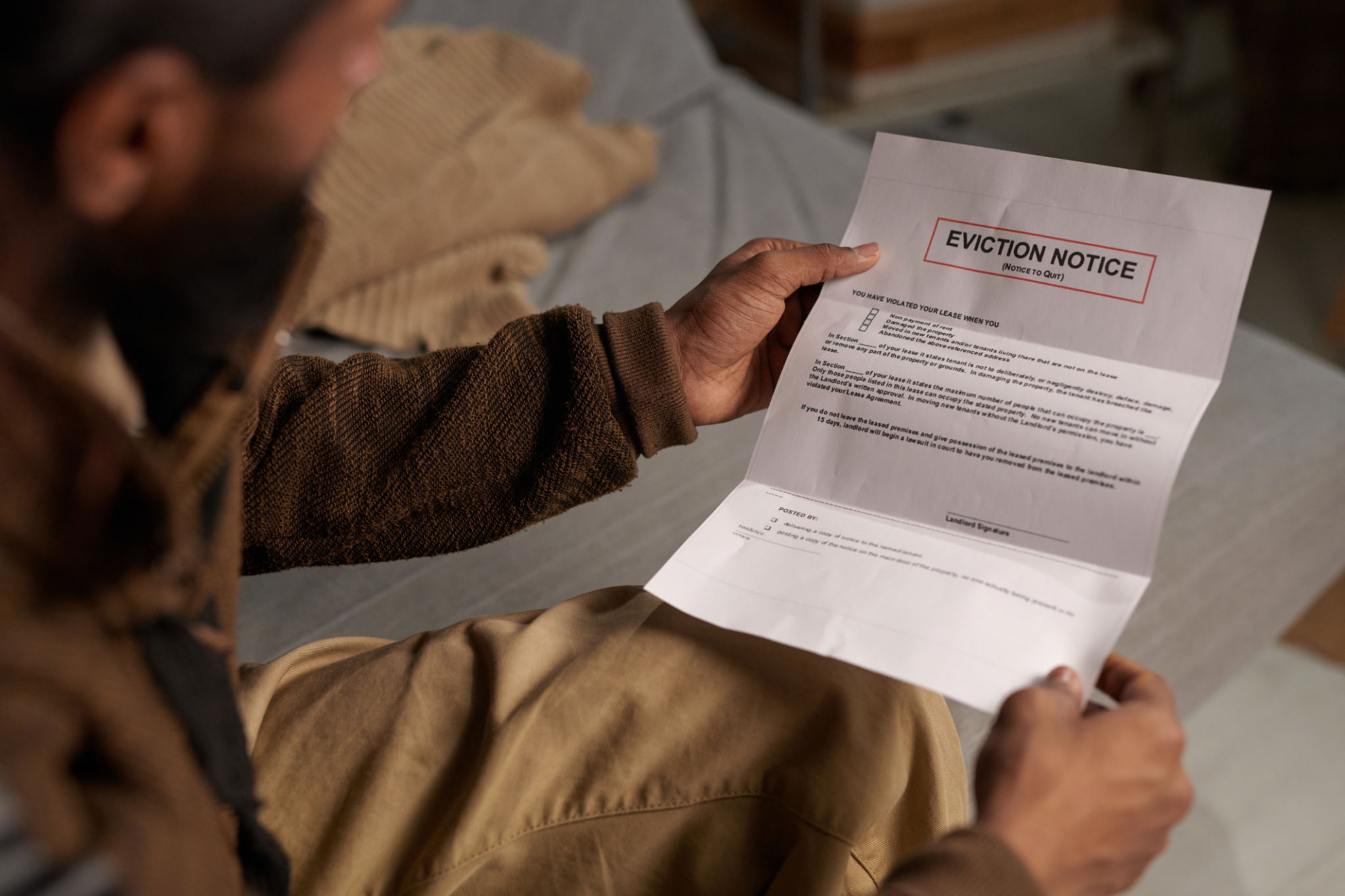DIY Tips for Property Owners: Preparing for an Eviction in Eugene, OR
Understanding the Legal Framework
When preparing for an eviction in Eugene, OR, it's crucial to familiarize yourself with the legal framework surrounding the eviction process. Oregon has specific laws that protect both landlords and tenants, ensuring fair treatment and due process for all parties involved. Understanding these laws is essential to avoid potential legal pitfalls and ensure the process goes smoothly.
The first step is to carefully review the terms of the lease agreement. Ensure that there are legitimate grounds for eviction, such as non-payment of rent or lease violations. It's important to maintain detailed records of any breaches, as these will be vital if the matter goes to court.

Serving Notice
Once you have a clear understanding of the legal grounds for eviction, the next step is serving notice to your tenant. In Oregon, the type of notice and the time frame required can vary based on the reason for eviction. Generally, a 30-day notice is standard for lease violations, but a 72-hour notice may be applicable for non-payment of rent.
Ensure that the notice is delivered in accordance with state laws, which often require it to be hand-delivered or sent via certified mail. Maintaining proof of delivery is important in case your tenant contests the eviction.

Documentation and Evidence
Throughout the eviction process, thorough documentation is your best ally. Keep detailed records of all communications with your tenant, including emails, texts, and phone calls. Document any incidents or breaches of the lease with photographs or videos where applicable.
In addition to communication records, maintain a log of any rent payments received or missed. This documentation can serve as critical evidence should the eviction process escalate to a court hearing.

Preparing for Court
If your tenant chooses to contest the eviction, you may need to prepare for a court appearance. At this stage, having a lawyer experienced in Oregon landlord-tenant law can be beneficial. They can provide guidance on how best to present your case and ensure that all your documentation is in order.
During the court proceedings, remain professional and stick to factual evidence. The more organized and precise your presentation, the better your chances of a favorable outcome.
Post-Eviction Steps
Once the court grants an eviction order, you must follow through with the proper procedures to regain possession of your property. In Oregon, this typically involves coordinating with local law enforcement to ensure a peaceful transition.
After regaining control of your property, it's important to assess any damages and make necessary repairs before finding new tenants. This is also a great opportunity to review your lease agreements and policies to prevent future issues.

Preventative Measures
To minimize the likelihood of future evictions, consider implementing more thorough tenant screening processes. This can include checking credit histories, verifying employment, and contacting previous landlords for references.
Additionally, maintaining open communication with tenants can often resolve minor issues before they escalate into significant problems. Regular property inspections and prompt attention to maintenance requests can also contribute to a positive landlord-tenant relationship.
